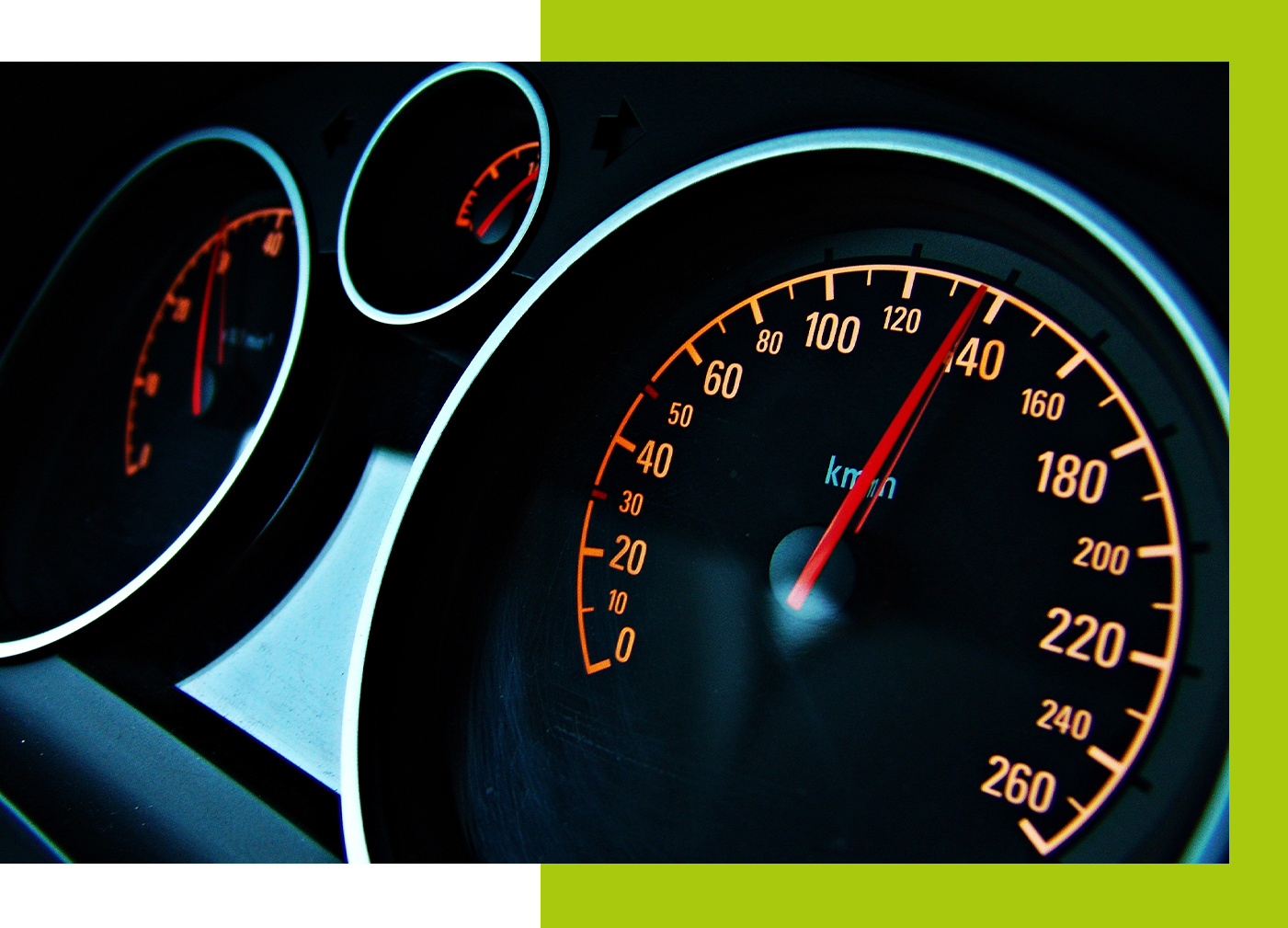|
Your driving habits can have a significant impact on your car's performance and fuel efficiency. By making a few changes to the way you drive, you can improve your car's overall performance and save money on gas. In this post, we take a closer look at some of the ways that your driving habits can affect your car and what you can do to drive more efficiently. |
 |
 |
SpeedingOne of the most common driving habits that can negatively impact your car's performance and fuel efficiency is speeding. Driving at high speeds requires your engine to work harder, which can cause it to wear out faster and use more gas. To improve your car's fuel efficiency, try to stick to the speed limit and avoid accelerating too quickly. This will help your engine to work more efficiently and use less gas. You'll also reduce the wear and tear on your car, which can save you money on repairs in the long run. |
IdlingAnother driving habit that can affect your car's fuel efficiency is idling. Idling refers to leaving your car running while it's not in motion, such as when you're waiting in a drive-thru line or parked on the side of the road. Idling can use up to half a gallon of gas per hour, which can add up quickly if you're idling for an extended period. To save fuel, turn off your engine if you're going to be parked for more than a minute or two. This will not only save you money on gas, but it will also reduce your carbon footprint and help the environment. Modern cars come with an idle stop/start system that does this automatically, so if you are looking for such a solution, it might be good to purchase a new car that has this feature in-built. |
 |
 |
Hard braking and accelerationAnother habit that can negatively impact your car's performance and fuel efficiency is hard braking and acceleration. When you accelerate quickly, your engine has to work harder to get your car up to speed, which can use more gas. Similarly, when you brake hard, you're wasting the energy that was used to accelerate your car, which can also reduce your fuel efficiency. To improve your fuel efficiency, try to accelerate and brake smoothly and gradually. This will help your engine to work more efficiently and use less gas. You'll also reduce the wear and tear on your car's brakes and other components, which can save you money on repairs. |
MaintenanceFinally, one of the most important factors in maintaining your car's performance and fuel efficiency is regular maintenance. Regular oil changes, tire rotations, and other routine maintenance tasks can help your car to run more efficiently and use less gas. Dirty air filters and worn spark plugs can also reduce your fuel efficiency, so it's important to replace these components as needed. By keeping up with your car's maintenance needs and driving more efficiently, you can improve your car's performance and fuel efficiency and reduce your carbon footprint. With a few simple changes to your driving habits, you can enjoy a smoother, more efficient driving experience and get the most out of your car. |
 |











